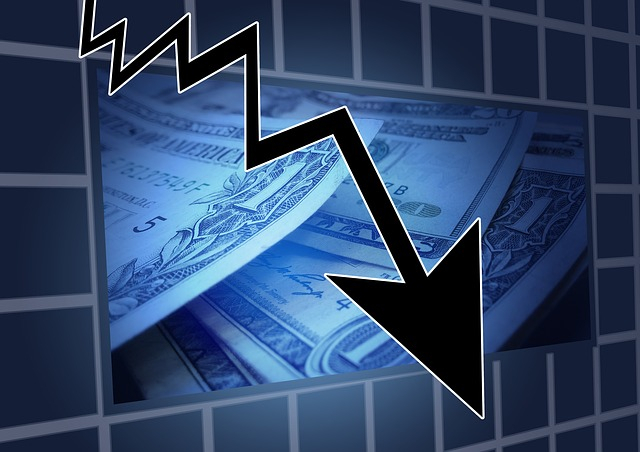Distressed debt in the US is nearly $1 trillion right now. It has quadrupled to this amount in less than a week's time, reaching levels seen during the 2008 recession. The oil price collapsed and the coronavirus pandemic hit the industries across the globe.
The tally has risen to $934 billion of US corporate bonds yielding 10 percentage points above Treasuries in the least and loans that trade for less than 80 cents on the dollar, according to data compiled by Bloomberg. This calculation excludes debt of small-to-medium sized companies whose loans trade rarely. Hence, the overall tally might be higher than calculated.
The coronavirus pandemic laid stress on the credit market also the oil prices reached the biggest low since the early 2000s, the amount of distressed bonds has surged to the highest level since April 2009. "The worst is yet to come," said Phil Brendel, a senior distressed credit analyst at Bloomberg Intelligence. This is fast and violent unlike the gradual sell-off in the 2007 and 2008 crisis, he added.

What are distressed debts?
Distressed debts are bonds bought by investors from companies that are either in bankruptcy or are nearing it. As businesses are under forced closures and there is a pre-existing global recession threat, such a situation would result. Trump made about $2 trillion economic stimulus package in spending and tax cuts to fund in killing the coronavirus. There was a similar stimulus of almost $800 billion given by Obama after 2008 recession.
"Unless the pandemic is controlled, consumers and businesses will look to save the money they're given and spend it only on necessities," said Brendel. Most of this distressed debt comes from US energy companies as there is oil price war between Saudi Arabia and Russia. The capital-intensive industry faces losses which ran already in debt the result was after oil plunged below $20 per barrel which was above $50, the previous month.
Sectors like telecommunications, retail, entertainment and healthcare industries except utilities make up the major chunk of distressed debt. As people aren't travelling, automotive industry also received a hit. US junk bonds too entered into distress for the first time since the global financial crisis.
No quick recovery
The secretary general of Organisation for Economic Co-operation and Development (OCED), Angel Gurría had recently warned that there would be no quick recovery like a 'V' shaped one, as opposed to policymakers from the G20 club believed, but a 'U' with a long trench in the bottom before it gets to the recovery period. "We can avoid it looking like an 'L', if we take the right decisions today."
World's biggest economies would fall into recession in the coming months because of the economic shock created by the coronavirus, he said, defining two consecutive quarters of economic decline, as reported by BBC.
"Even if you don't get a worldwide recession, you're going to get either no growth or negative growth in many of the economies of the world, including some of the larger ones, and therefore you're going to get not only low growth this year, but also it's going to take longer to pick up in the in the future," he added. However, Bruce Flatt, head of Brookfield Asset Management Inc said on Monday markets uncertainty caused by the coronavirus pandemic is much more manageable than previous meltdowns.








